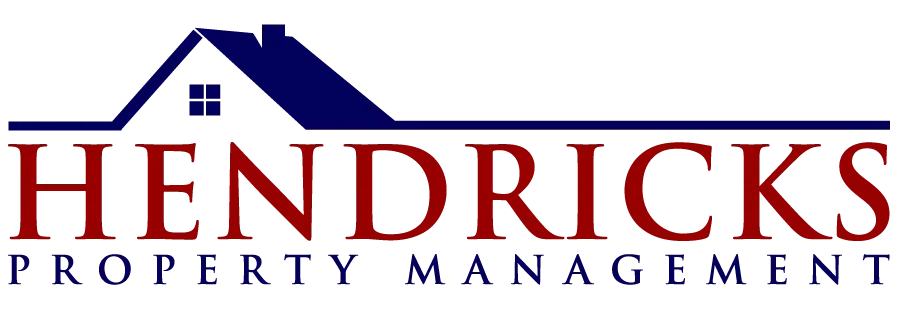3 Organizations Pushing Junk Fee Bans & Transparency
In an industry where additional charges are common, it’s often that consumers feel nickeled and dimed and outmaneuvered. However, a seismic shift is on the horizon that promises to reshape the landscape of almost every sector of our economy. The Federal Trade Commission's (FTC), the United States Senate, and the Biden Administration have proposed new rules and legislation to regulate junk fees—it's an incisive move towards transparency and fairness for consumers. For real estate investors, property managers, and consumers, understanding the implications of such regulatory changes is vital. This in-depth exploration aims to provide an overview of insights into the move to ban or regulate deceptive fees.
All three entities have taken initiative as a cogent response to long-standing consumer complaints over hidden, surprise fees—often dubbed 'junk fees'—that inflate costs underhandedly. Such fees range from late fees and processing fees to additional service charges that are not disclosed upfront, significantly impacting the total cost of services. In real estate and property management, these could manifest as ambiguous administrative fees or overinflated maintenance charges that catch tenants and clients by surprise. The federal agencies’ commitment is clear: to eliminate deceptive practices and foster a marketplace built on transparency and trust. As of today, the only guidance that has been advised is from the FTC stating that upfront disclosure should be the lay of the land. It is heavily encouraged that all fees charged are tied to an actual service or cost incurred by the agency charging the fee. At Hendricks Property Management, we disclose our fees up front for owners, and tenants. Anyone curious to view the fees we charge to our potential homeowner clients are accessible all the time. All of our property listings disclose any additional tenant charges in the listing description, as well as the lease. Our rental policies and procedures, and Resident Benefit Packages are fully explained before the prospect submits an application. If you are self-managing and unsure about being able to maintain compliance with these proposed changes, feel free to reach out to us and we can help.
The Impact on Real Estate Professionals
For Investors: Real estate investors must now reassess their bottom line, considering the impact of more straightforward fee structures and how this might influence their choice of property managers or ancillary services.
For Property Managers: Enhanced scrutiny on fee disclosures means that property managers must inventory their billing practices to ensure they align with the upcoming changes. This adjustment will necessitate not just compliance but also a recalibration of strategies that hinge on fee-related revenue streams.
For Consumers: Finally, consumer empowerment will likely see an uptick, as clients and tenants are better able to make informed decisions based on transparent pricing. This assertive customer base can then demand better services, invoking their newfound leverage to negotiate fairer terms.
The S.016 Junk Free Prevention Act and companion bill H.R.2463 are resonant examples of actively curbing superfluous charges across various industries. By mandating explicit total price disclosures and safeguarding the consumer against unreasonable fees, the Acts pave the way towards a more equitable commercial environment. Similarly, the Biden-Harris Administration's efforts to protect consumers from billions in junk fees underscores the federal commitment to dismantling these detrimental practices across all sectors, including the all-important real estate domain. Earlier this month, the White House posted an in depth report conducted by the White House Council of Economic Advisors detailing the amount of money consumers spend on additional fees broken down by industry.
The proposed regulation on fees does not simply represent a hurdle; it offers a chance to refurbish and refine the ethos of the real estate and property management industries. Real estate stakeholders should view this as an opportunity to differentiate themselves through upright practices and demonstrable integrity. By foregrounding transparent billing and charges, property managers, real estate agents, lenders, and title companies can engender trust—a priceless currency in the competitive realm of real estate. Investors, too, stand to gain considerably from this landscape shift. Elimination of hidden fees may simplify the profitability analysis of potential investments, allowing for more accurate forecasting and investment security.
As the federal government and its agencies motor ahead with these proposed rules, the property management sector must ready itself for a new era of straightforwardness. The paradigm is expected to shift towards explicitness in billing, where ambiguity gives way to unambiguous accounting. The savvy businesses and professionals will adapt promptly, recognizing that this policy metamorphosis offers a renewed promise to their clients—transparency isn't just a best practice; it's the norm. Undeniably, compliance with the new directives will create a period of adjustment, the endgame is a common sense, candid ecosystem where property owners, consumers, and real estate aces can transact knowing full well the extent of their financial commitments. The future of property management is clear and unclouded with unnecessary fees. It's time for the industry to welcome the change with open arms and innovate within this new context to continue delivering exceptional value to all participants in the property market.
